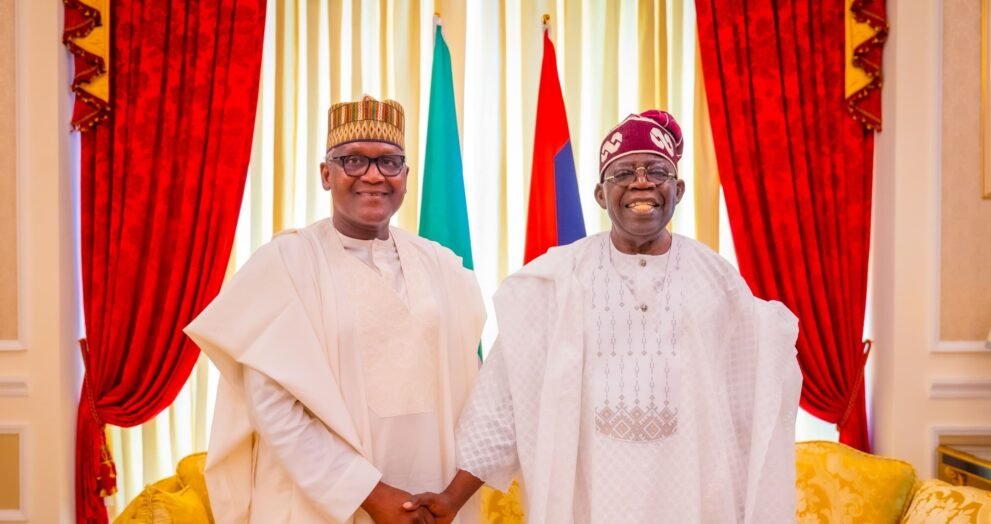NATIONAL SECURITY ARCHITECTURE REVIEW TAKES CENTER STAGE AS TINUBU, LAWMAKERS PUSH FOR REFORMS
President Bola Ahmed Tinubu has called for a sweeping overhaul of Nigeria’s national security architecture, emphasizing the need for a robust legal framework to enhance collaboration and intelligence sharing among security agencies. Represented by Minister of Defence, Mohammed Badaru Abubakar, Tinubu made the remarks during the Constitution Review Legislative Dialogue on National Security Architecture in Abuja. The high-level dialogue, themed “Nigeria’s Peace and Security: The Constitutional Imperatives,” brought together top security officials, legal and policy experts, and lawmakers to discuss constitutional reforms. Tinubu noted that the nation’s constitution has served as the bedrock of democracy, but the pace of changes in technology and security threats has outstripped the capacity of some constitutional provisions. “The time has come to align Nigeria’s security and structure with present-day realities,” Tinubu said. “Our national experience has shown that neither centralisation nor fragmentation alone can secure the vast and diverse nation.” He highlighted various threats, including terrorism, banditry, farmer-herder clashes, and separatist agitations, which transcend the capacity of any single agency. The National Security Adviser, Mallam Nuhu Ribadu, emphasized that security and constitutional order are inseparable, and a resilient, inclusive, and forward-looking constitution is essential for fostering national unity and addressing the root causes of insecurity. “Security is not just about boots on the ground or advanced systems,” Ribadu said. “It’s about the strength of our laws, the clarity it brings, the power it confers, and the protection it guarantees.” Chief of Defence Staff Gen. Christopher Musa and Inspector-General of Police Kayode Egbetokun also advocated for urgent legal and constitutional reforms to address emerging threats. Musa proposed key reforms, including amending the Armed Forces Act and relevant constitutional provisions, establishing field and standing courts-martial, and empowering the military to investigate and detain suspects during internal operations. However, Egbetokun and the Conference of Speakers of State Houses of Assembly expressed divergent views on the creation of state police. While Egbetokun argued that the Nigerian Police Force should be strengthened and better funded instead of creating state police structures, the Conference of Speakers’ Chairman, Debo Ogundoyin, called for a multi-layered policing model, including state police to enhance local security responsiveness.






















































































































































































































































































































































































































































































































































































































































































































































































































































































































































































































































































































































































































































































































































































































































































































































































































































































































































































































































































































